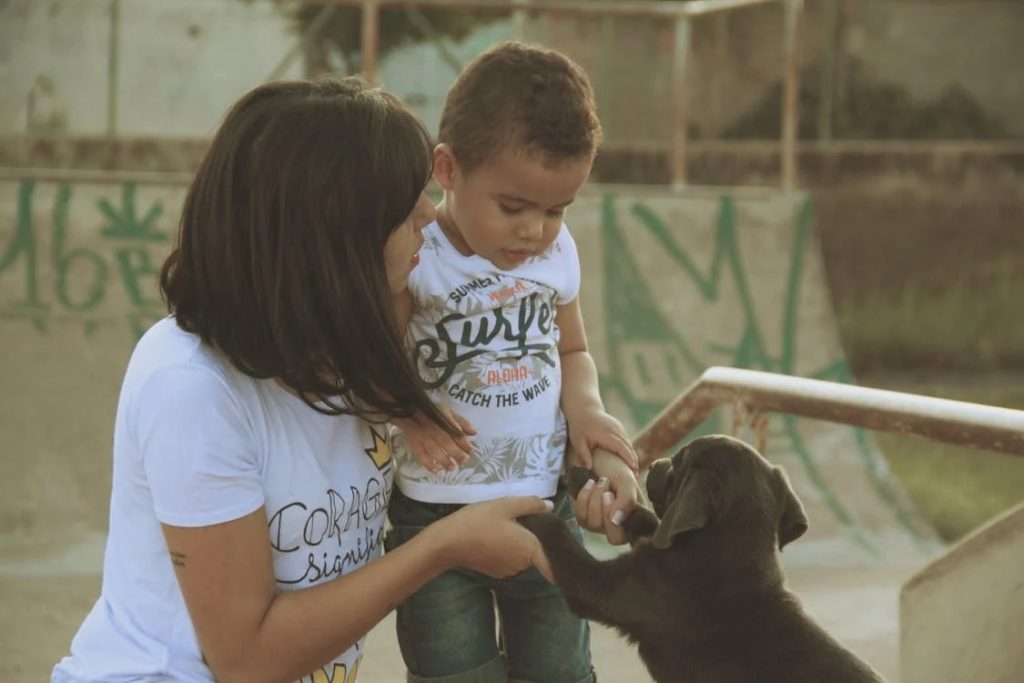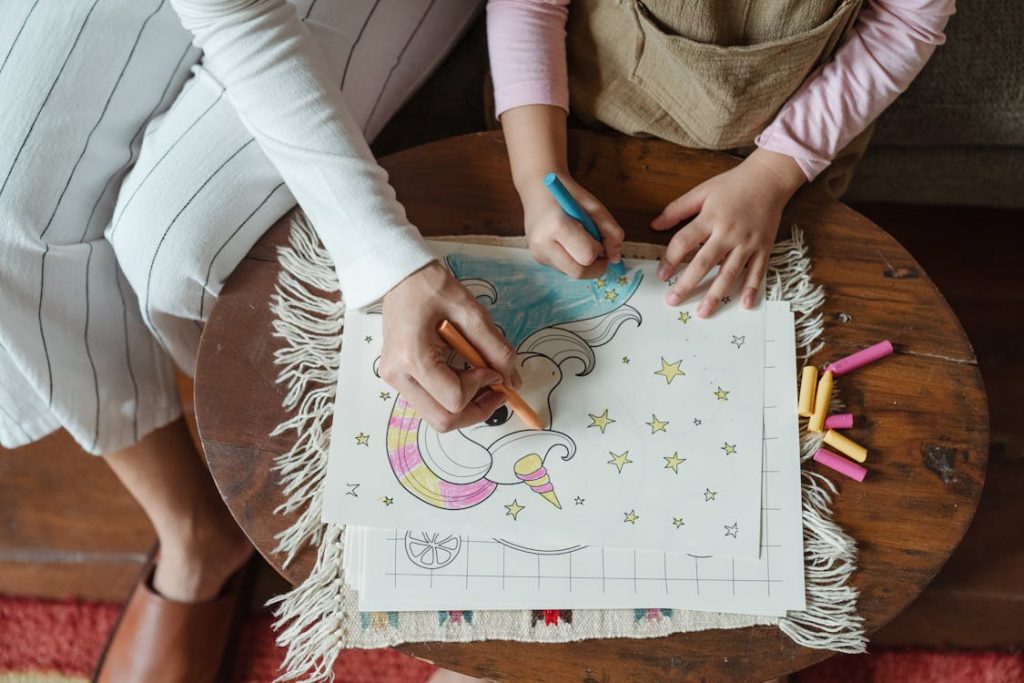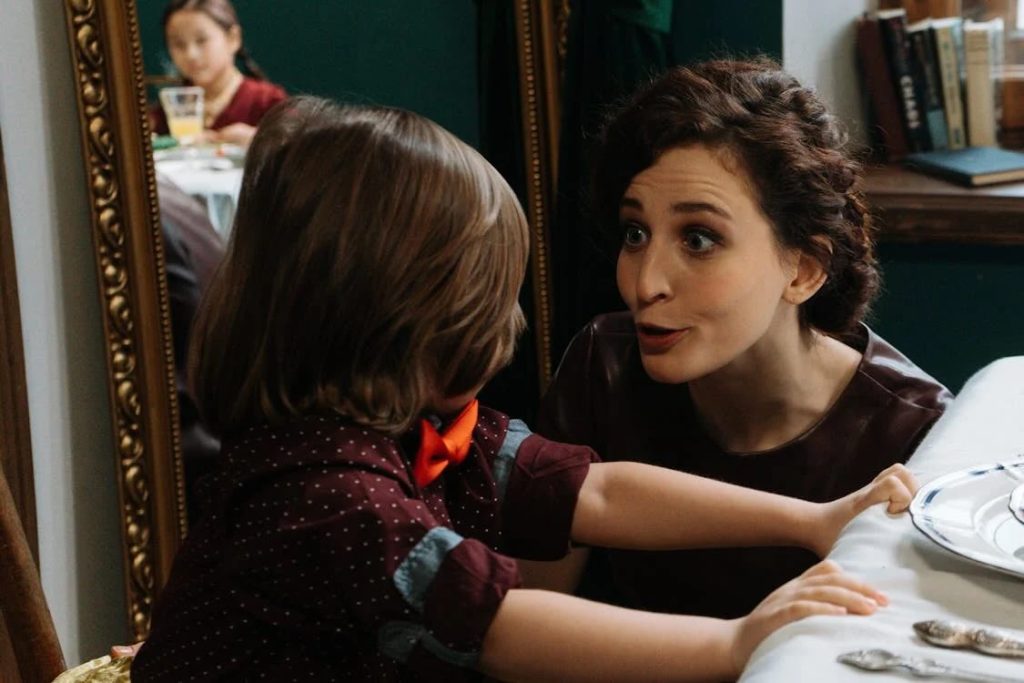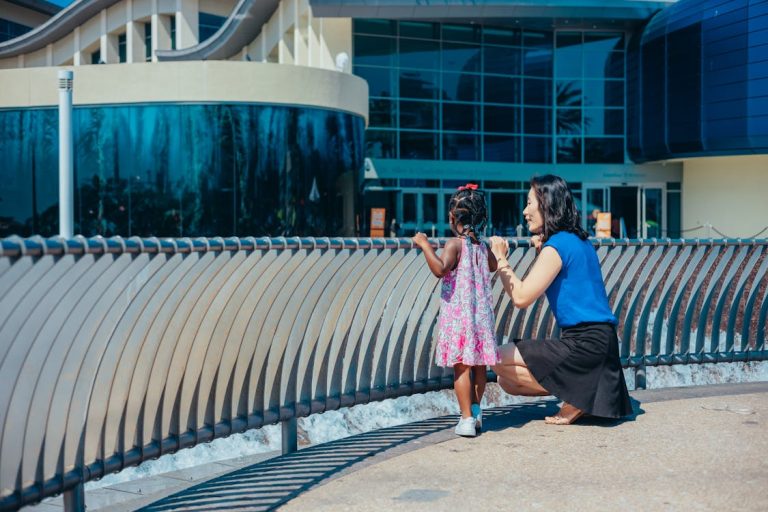From learning new words to understanding what’s an off-limit area, the first 5 years of a child’s life are really important. Within this age group, it’s vital as a babysitter to understand how different they are to older kids, as well as ways to help develop early learning skills whilst speaking to them in English.
With older kids, they are accustomed to routine, articulate how they feel and know what their hobbies and interests are. They also understand the boundaries and rules of what they can and cannot do, and will have been exposed to English speaking media such as songs and games already.
However, younger children – particularly babies, toddlers or preschoolers – need guidance to grow and become their own person. So it’s best to note that they will need more time to develop and learn at their own pace, that includes learning a new language.
As Little Hug babysitters, we work to help parents and their children in not only getting them comfortable in learning English, but also making sure our staff are confident to do their job in offering the best care to all kids of all ages.
In this article, we’ll share essential things that Little Hug babysitters should keep in mind when babysitting children under 5 years old, and how to help out in more depth when it comes to language learning and development.
Keeping an eye out
 What are some tasks a Little Hug babysitter must learn to do?
What are some tasks a Little Hug babysitter must learn to do?
During a trial session with staff, our babysitters will be trained on basic tasks such as bottle feeding, potty training and understanding the sleep schedule of a child. It’s not only helpful for the parents but is also a chance for our babysitters to understand how essential it is for their routine. However, regarding these tasks, these can vary from child to child that you look after.
Bottle feeding and helping a child eat their meal for example can differ so it’s vital that our babysitters read the introduction sheet they are given and ask the parent if it’s up-to-date. The child may have a specific milk they drink or particular foods and drinks they like or dislike.
We do not encourage introducing them to new tastes without the parent’s permission due to possible allergies and dietary restrictions they might have. Babysitters must also be wary of anything the child might put in their mouth that may not be something they are allowed to have; this also includes inedible objects.
In addition, it’s vital for Little Hug babysitters to pay attention to their facial expressions and notice the signs when a child needs help with one of these tasks.
Potty training and changing a nappy take time so it’s best to watch if they go quiet or don’t know how to verbalise quickly enough what they want to say. Usually looking out for squirming or making an uneasy face while standing still is a big sign.
A sleeping schedule alters a lot for a child when they get sick or start going to nursery. But if they zone out, lean on their babysitter while performing a task such as reading or get whiney and make a fuss, they may be sleepy which our babysitters will act on.
These tasks are a priority for Little Hug babysitters to perform accordingly and service to our clients.
Early years training
Children under the age of 5 are a bundle of energy and wonder so it’s no surprise that our babysitters are trained to be engaging, entertaining and excited to be able to help them every step of the way.
A fundamental part as an English babysitter is to get children familiar with the basics and early years training is the first phase. This involves learning their routine and restrictions of areas or objects, discovering new hobbies and interests, as well as developing social skills.
These are all integral to a child’s growth and significant ways to help them develop into their own person. Below we will share how our babysitters work towards providing services and guide children under 5 years old.

Guidance into routine and restrictions
So what do Little Hug Babysitters need to think about when looking after these children?
What sets older children apart from younger children and helps them understand is routine. As Little Hug Babysitters, communicating with the parents on any changes in these tasks for their children (e.g. adjustments to nap time, allergies to new foods, pick up from nursery).
Overtime, they’ll slowly adapt to their routine and adapt to their babysitter’s presence whether it’s from the time they wake up or when it’s time to have dinner before going to bed.
It’ll also be vital to give more attention to younger children and stay engaged in what they do whether it’s saying a new word or teaching them right from wrong. It also helps to praise them when they do something good and lightly guide them (not scold) on something they do bad.
There’s also off-limit areas or objects that babysitters need to be wary of when caring for children under 5 years old. Areas like the kitchen, stairs or steps, and even balconies are for sure a no-go for young children so it would be best to ask the parent if it’s possible to lock the door.
Objects and tools such as plastic bags, chargers and charging ports, office supplies and choking items (e.g. coins, marbles, cotton buds) can cause danger to the child a babysitter is looking after and is why babysitters must watch the child at all times to prevent them from getting harmed.
There may even be restrictions or prohibited screen time requested by the parents such as watching TV or using devices like iPads and phones while they are being babysat. While these electronics can be a great help to expand a child’s imagination and interests, they will likely become less engaged in playing and socializing outside of a digital device.
Discovering new hobbies and interests
 This is where guidance from our babysitters to discover new things comes into play. From the eyes of a child under 5, the world is one filled with imagination and wonders. So as Little Hug babysitters, introducing the child to new songs, activities, stories and games will be a big help in not just their development and understanding of the world, but what they will like.
This is where guidance from our babysitters to discover new things comes into play. From the eyes of a child under 5, the world is one filled with imagination and wonders. So as Little Hug babysitters, introducing the child to new songs, activities, stories and games will be a big help in not just their development and understanding of the world, but what they will like.
Some hobbies and interests to help get a child engaged are:
- Nursery rhymes (e.g. Old Macdonald, Baa Baa Little Sheep)
- Arts and craft. (e.g. playdough, colouring, drawing)
- Make believe/pretend play (e.g playhouse, going on an adventure)
- Songs (e.g. Baby Shark, Muffin Man)
- Characters in children’s books from fairy tales or their favourite shows
- Memory-ability games (e.g. jigsaw puzzles, guessing games)
These are great ways to foster creativity in a child’s development and get them to slowly pick up more English words through these activities. They’ll also begin sharing with their babysitter what they love which will make our babysitters’ jobs a lot easier. This will help them realise what’s the best toys to play together with, the child’s favourite books to read or what actions of a song they enjoy singing along to in English.
As well as the local books, nursery rhymes and words, it’s also possible for our babysitters to introduce what is trendy to play, read or sing from your own country. For example, a lot of children may prefer traditional games such as hide and seek, but they also may like newer songs from other countries e.g. “Daddy Finger.”
With the assistance of our babysitters, it’ll help- a child try new activities and come out of their comfort zone to discover new interests and hobbies they’ll grow to like, or even love.

Social skills
As younger children are getting accustomed to their mother language, they will also be getting used to expanding their social and language skills. Our babysitters are there to provide English-speaking services as they play, read and interact with a child they are looking after and this will be the primary way of communicating which will be a benefit in the long run.
As it is an additional language, it will help them not only in one day becoming bilingual but also to build their social skills with other people in society.
They’ll begin to gain an interest in other countries and cultures and understand how to code-switch with ease and confidence to English and any other languages they are taught at home, with help from our staff.
As mentioned above, memory-ability games such as cards, puzzles and even guessing games are a good way to help a child discover new hobbies and interests. But they are also good at developing their social skills. Through talking with our babysitters, they can learn new words in their house and be able to eventually use them in everyday life such as saying “plane” and pointing to you in the sky or hearing “chair” and going to sit on one.
If they are much younger, reading a child’s expressions or their actions is a great way to understand how the child feels towards a nursery rhyme or song, activity and most importantly, anyone who speaks English, including the babysitter. Nursery rhymes like “Itsy Bitsy Spider” has actions too and if a child does not like it, they may shake their head and ask for another that they might prefer instead.
So while they are learning new words in English, a child is able to slowly express themselves with actions too. By working on their early years training and helping them discover new things, build their social and English skills as well as adjust to their daily routine, Little Hug ensures top-notch care to children under 5 years old through our services.
Would you like to learn how to become a part of Little Hug? For more information on the process of becoming a Little Hug babysitter, please read our latest article. Any further enquiries, please contact the Little Hug team recruitment here.

